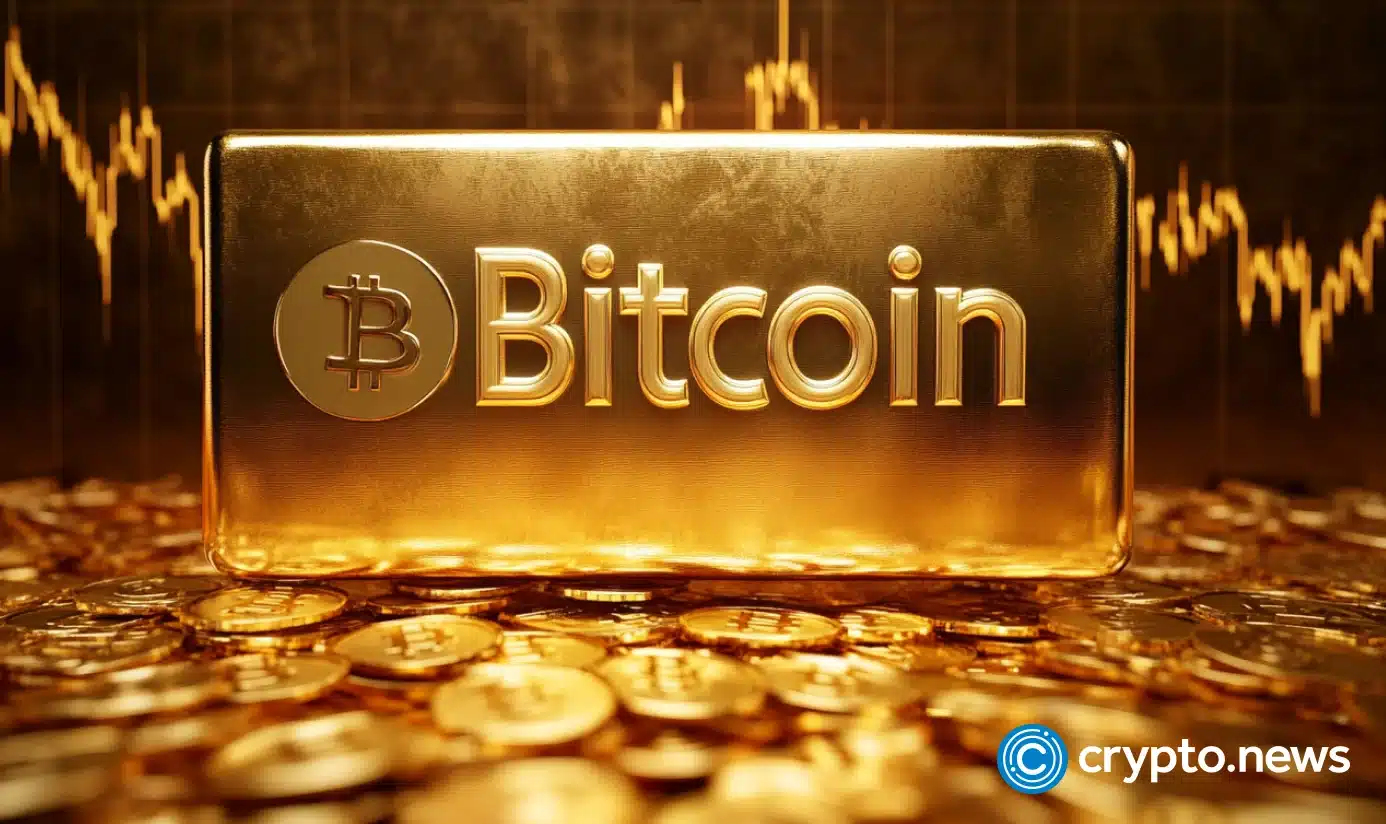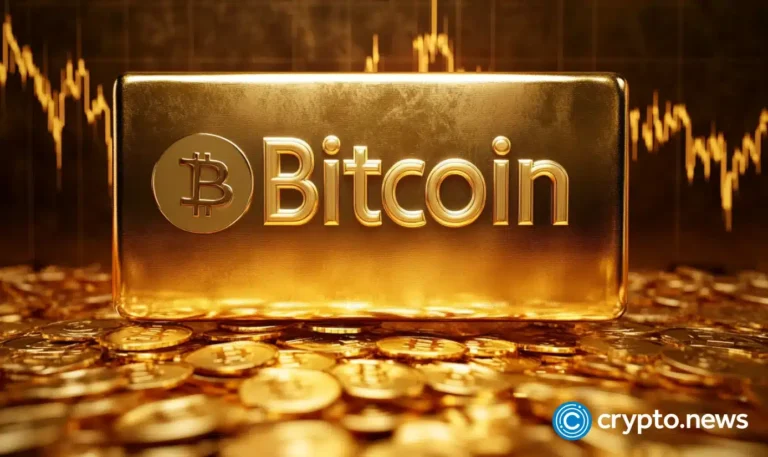
Bitcoin remains under the spotlight as Anthony Pompliano, founder and CEO of Professional Capital Management, outlined a bullish long-term vision for the cryptocurrency in a recent CNBC interview.
With Bitcoin (BTC) hovering around $85,000, following a recent dip to $76,000, Pompliano weighed in on Bitcoin’s place in the global financial landscape, comparing it to gold and hinting at major institutional and governmental developments ahead.
Bitcoin has kicked off 2025 down roughly 10%, while gold is up 20%. But Pompliano was quick to point out a key trend: over a one-year horizon, both assets are up about 35%. This divergence, he notes, is not uncommon.
“Gold usually leads these rallies and nobody really knows why that happens,” Pompliano said. “My kind of guess would be that a lof of the central banks and institutional investors they are either not approved to buy Bitcoin or they’re not used to running to Bitcoin in these moments of kind of geopolitical uncertainty. What we do soo though, is when gold runs about suggesting that central banks and institutional players tend to favor gold in times of geopolitical uncertainty.”
He added that typicall when gold runs higher around 100 days later Bitcoin not only “catches up” but “tends to run even harder due to its higher volatility.”
ETFs and sovereign wealth funds buying in
One of the most notable shifts is how investors are gaining exposure to Bitcoin. Pompliano noted a growing use of spot Bitcoin ETFs, not just by retail traders but also by sovereign wealth funds.
Pompliano highlighted a recent overlooked disclosure by an undisclosed sovereign fund that exposure to Bitcoin exposure through ETFs. This shows institutions “want price exposure without the regulatory and geopolitical complications of self-custody.”
Is the U.S. preparing a strategic Bitcoin reserve?
Pompliano discussed details from a recent conversation with Bo Hines, executive director of the President’s Advisory Council for Digital Assets. The takeaway? The U.S. government is reportedly not just interested in holding confiscated Bitcoin, it may be looking to actively acquire more.
“They’re going to buy as much Bitcoin as they possibly can,” Pompliano said.
While the methods of purchasing are still being debated, whether via selling revalued gold or using tariff revenues, he confirmed that an interagency task force is actively exploring the best route. That move, if finalized, could set the stage for an entirely new layer of geopolitical positioning around Bitcoin. As Pompliano puts it, “Other countries may be acquiring Bitcoin by mining; the U.S. might buy it outright.”



